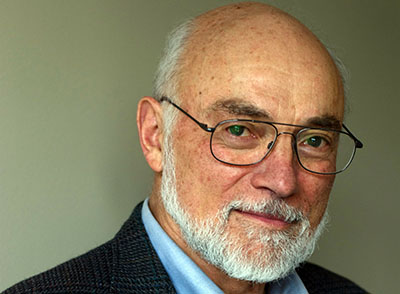
All Articles: Public Health

The term of service runs January 2024 through January 2028.

The Medicinal Chemistry Department celebrates and honors Dr. Phillip S. Portoghese as he retires from the University after 62 years of exemplary teaching, research, and service.

A new publication in Nature Communications describes the development and mechanism of action of new allosteric inhibitors that show promise for further development into a selective but efficacious therapeutic.

"We want to move away from the "fail and fix" approach to the "predict and prevent approach", which includes transparency and supply-demand databases."

Dr. Philbrick leads the College of Pharmacy in COVID-19 education programs

Dr. Jean Moon on left and Dr. Jody Lounsbery on right Broadway Family Medicine Named Clinical Training Site of Excellence

Research in Dr. Pakhomov’s lab is focused on development and validation of novel computational methods and technology for collection and analysis of unstructured time-series data. For example: continuous speech and language, heart rate, and galvanic skin response in order to understand how behavioral and physiological characteristics related to changes in cognition and mental states are affected by neurodegenerative and mental health disorders, effects of medications, and exposure to stress. Currently, Dr. Pakhomov’s lab is engaged in three NIH funded projects.

Embedding researchers into practice can help health systems ensure that they are providing evidence-based care delivery, and the highest quality and most cost-effective care.

Exploring the medication experience of African American women living with or at high risk for chronic kidney disease: A phenomenological investigation.

The NCPDP Foundation Board of Trustees announced it has awarded a $102,300 research grant to the University of Minnesota College of Pharmacy to evaluate the quality of data obtained from EHRs using the NCPDP/HL7 Specialty Medication Enrollment Standard.